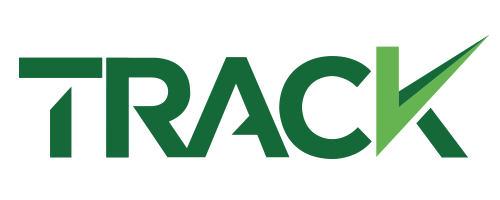EU
EU
LEGISLATION
The importance of food traceability in Europe
Regulation (EC) No 178/2002 – General Food Law Regulation
At the end of the 1990s, food safety began to be at the centre of European Community food policies. The publication of the “White Paper on Food Safety” in 2000 lay the basis for the approval, two years later, of the first framework legislation relating to food: Regulation (EC) No 178/2002, also called the General Food Law Regulation.
In force since 1 January 2005, the Regulation lays down rules for food traceability, defined as the “ability to trace and follow a food, feed, food-producing animal or substance intended to be, or expected to be incorporated into a food or feed, through all stages of production, processing and distribution”. Food business operators must therefore have systems and procedures in place which enable them to provide the following information to the competent authorities, when requested:
- Who supplied them with a food, feed or any substance incorporated into a food
- The identity of the businesses to which they have supplied their products (“traceability … shall be established at all stages of production, processing and distribution”).
Furthermore, foods and feeds that are placed on the market in the European Community must be adequately labelled or identified to facilitate their traceability.
The possibility of tracking products along the whole production chain in order to guarantee their safety and quality is recognised as a key, priority element in European Union policies. For this reason, in addition to the above-mentioned Regulation (EC) No 178/2002, the European Union later approved Regulation (EU) No 1169/2011 (in force as of December 2014) on the provision of food information to consumers.
The general principles and obligations established by food regulations (Regulation (EC) No 178/2002) and subsequent developments (Regulation (EU) No 931/2011; Regulation (EU) No 1169/2011; Regulation (EU) No 16/2012) make traceability mandatory for all foods and feeds in order to guarantee the safety of food and the quality and transparency of data.
“For this reason, all businesses engaged in the production and processing of food products need food tracking software which can simplify their work, reduce the possibility of errors and allow costs to be monitored”
Objective of European Regulations
Traceability, as envisaged in the regulations:
- enables identification of a list of purchasers of a product
- facilitates the product’s withdrawal from the market
- simplifies identification of those responsible for the harm caused by a defective food
In addition, Regulation (EU) No 1169/2011, in force since 13 December 2014, requires food business operators to:
- improve the labelling of food products
- make information clear, legible and comprehensible
- facilitate informed purchases
Labelling obligation
As of 1 April 2015, it has become compulsory across the EU to indicate the origin of fresh swine, sheep, goat and poultry meat in the label (for example in the case of non-Italian chicken and turkey, since Italian poultry has been labelled with an indication of origin since the times of the avian flu).
The obligation is established by Regulation (EU) No 1169/2011 – in force since 13 December 2014 – which laid down the new food labelling rules.
Consumers must be able to read the place of rearing and slaughter on the label, whereas an indication of origin is voluntary, but only if the meat is obtained from animals born, reared and slaughtered in the same country. A series of rules were also established for every type of production in order to ensure that the place of rearing corresponds to the place where the animal spent a substantial part of its life. As regards minced meat, it must be specified whether the animals were reared and slaughtered in the EU or in non-EU countries.
Milestones
- [2002] Regulation (EC) No 178/2002 of the European Parliament
- [2005] Traceability becomes an obligation for all food businesses
- [2011] Regulation (EU) No 931/2011 on the traceability requirements set by Regulation (EC) No 178/2002
- [2011] Regulation (EU) No 1169/2011 on the provision of food information to consumers
- [2012] Regulation (EU) No 16/2012 concerning frozen food of animal origin



